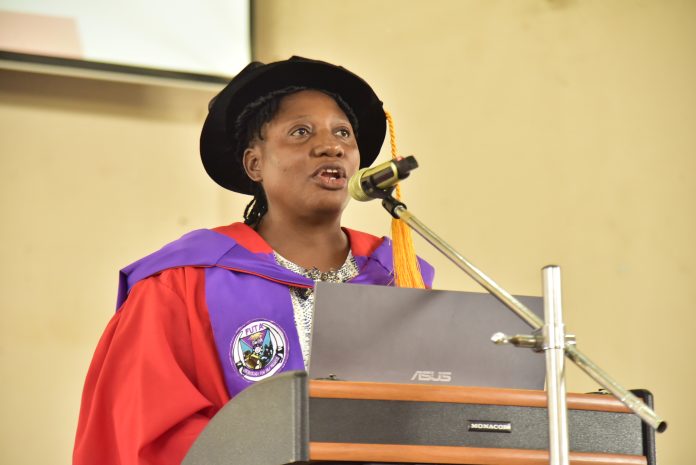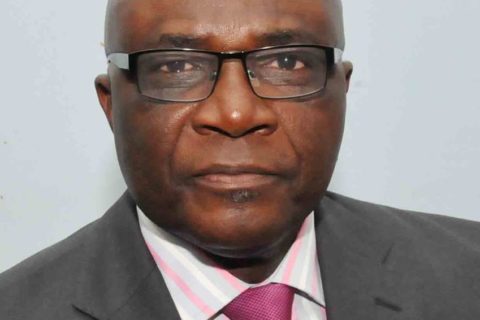A professor of Computer Science (artificial intelligence) at Federal University of Technology Akure, FUTA has said that the digital age presents a transformative opportunity to harness Artificial Intelligence, AI, and digital technologies for the betterment of the society. Professor Bolanle Ojokoh made the assertion while delivering the 168th inaugural lecture of the University on Tuesday, June 24,2024.
Speaking on the topic, “Intelligent Traversal through the Information Wilderness: Towards knowledge Discovery and Decision Support”, she said, ” AI is already making a profound impact across various sectors. In healthcare, it assists with diagnosis, drug discovery and personalized treatment plans. The financial sector leverages AI for fraud detection, algorithm trading and risk assessment. Even customer service is being transformed by AI- powered chat boots and virtual assistants.”
She said with the rise of AI comes some challenges including the proliferation of misinformation and disinformation. She therefore advocates the establishment of standardized quality indicators for online information, increasing transparency in search engines algorithms, and fostering of media literacy through education. She also advised that, “policy makers may also consider economic incentives to discourage the spread of false information.”
Professor Ojokoh who is the Co- Chair TWAS Young Affiliates Network (TYAN) and Head of the Department of Information Systems FUTA said, “As we shape the future of this transformative technology, it is crucial to ensure that AI is developed and used ethically for the good of the society. The growing recognition of AI’s immense potential has spurred governments and corporations to invest heavily in research and development. Simultaneously, the increasing availability of open space libraries and cloud-based platforms is democratizing the field, empowering smaller businesses and individual developers to harness AI’s power.”
According to the don,” By leveraging powerful tools like search engines, information extraction and retrieval techniques, question answering systems, recommendation systems, machine learning and other AI applications we can transform this information wilderness into a fertile ground for knowledge discovery and informed decision making “.
On ensuring the responsible use of AI, Professor Ojokoh recommended a robust ethical framework which involves developing and enforcing guidelines that address bias, privacy and transparency in AI systems while incentivizing the development of transparent and ethical AI models through grants or awards to encourage responsible innovation.
She also called for the harnessing of AI in healthcare delivery while ensuring open access in this regard. According to her, “AI has the potential to revolutionize health care through data analysis and personalized medicine. Equitable access to AI-powered healthcare tools should also be a priority. Open access to research and data can accelerate knowledge discovery.” She however sounded a note of warning, “Stringent privacy and security measures are necessary to protect sensitive health data.”
The lecturer called for international collaborations to establish global standards and regulations for AI and continuous monitoring and adaptation of policies to keep pace with technological advancement. Ojokoh pointed out that the development of AI must align with sustainability principles and must be used to create solutions that prioritize environmental and social considerations.
In her capacity as Chairperson of the occasion, the Vice Chancellor Professor Adenike Oladiji described Ojokoh as a cerebral researcher and erudite scholar who has contributed immensely to her area of specialization in Artificial intelligence. She said the Lecturer has exceptionally demonstrated her intellectual prowess in her field and has provided leadership for both students and younger academics since taking up appointment in the university.




